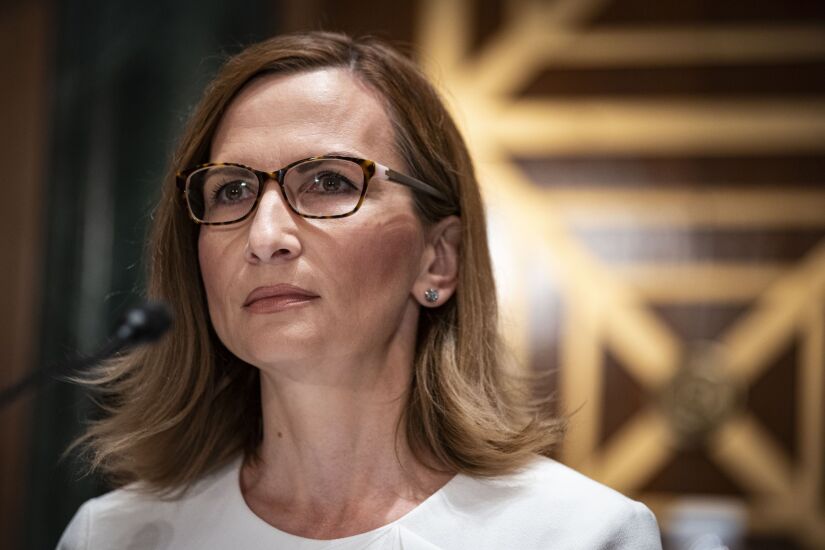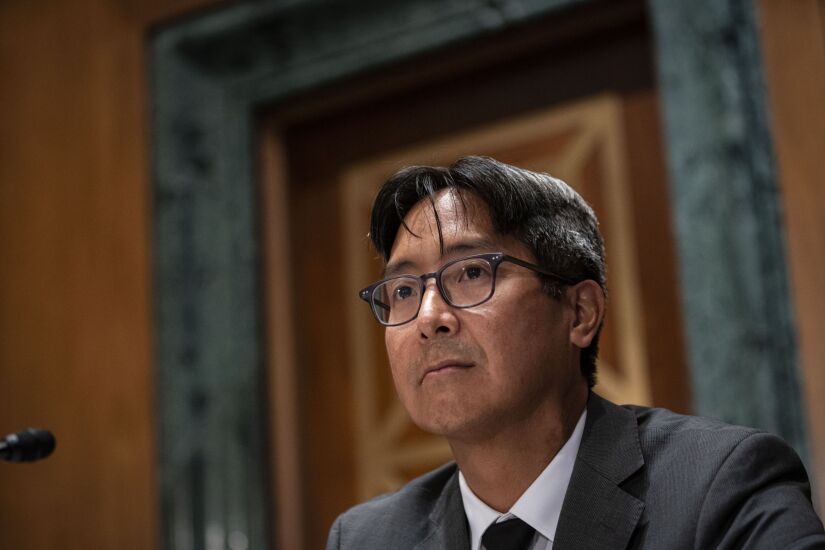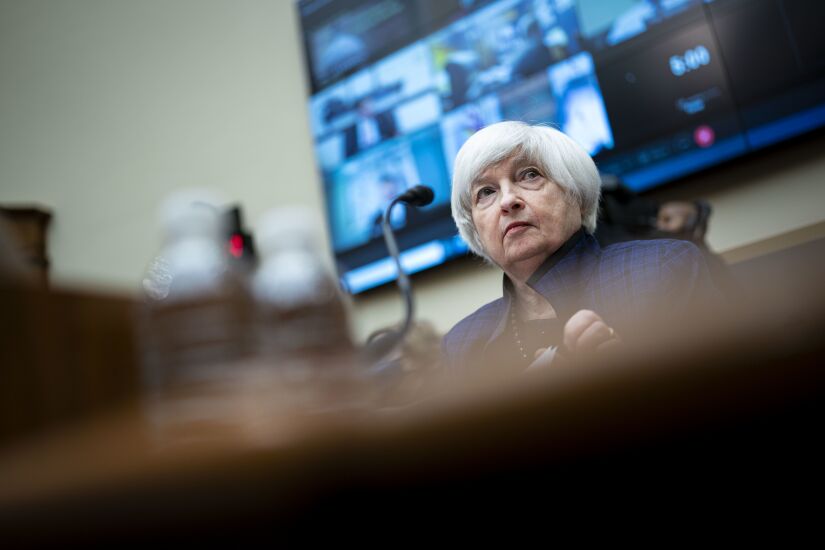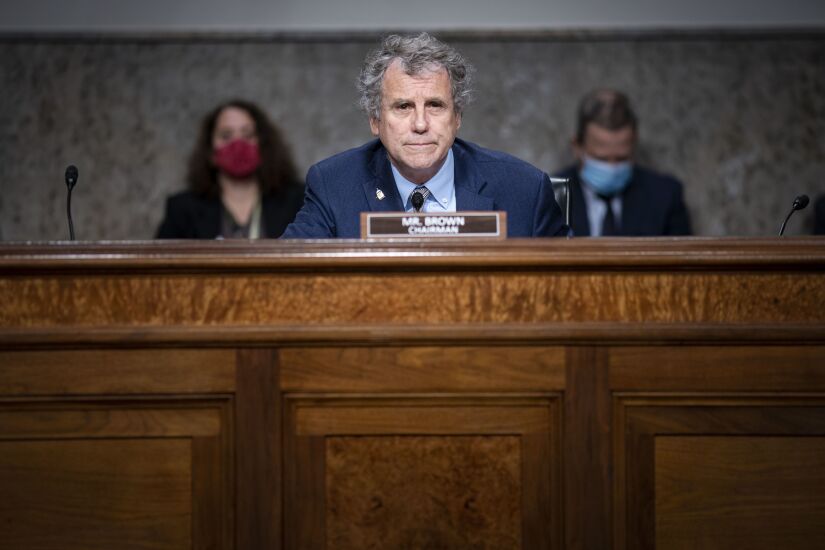Want unlimited access to top ideas and insights?
WASHINGTON — Heading into 2022, banks have a better idea than they did a year ago what federal banking policy will look like in the Biden era.
While there were no dramatic reforms over the past year thanks to the deadlocked Congress, the pendulum began to swing left after four years of the Trump administration were friendly toward the financial industry.
Regulators appointed by the administration and Democratic lawmakers pushed a more progressive agenda around
The White House slowly installed new appointees such as Consumer Financial Protection Bureau Director Rohit Chopra and acting Comptroller of the Currency Michael Hsu. They set out to
The pendulum is expected to swing even further to the left in the coming year as the White House — still needing to fill vacancies on the Federal Reserve Board and atop the Office of the Comptroller of the Currency — attempts to add more progressives to the financial policy roster.
Here are the key figures in both the executive and legislative branches who will try to advance (and those who might challenge) Biden's financial policy priorities in 2022:














